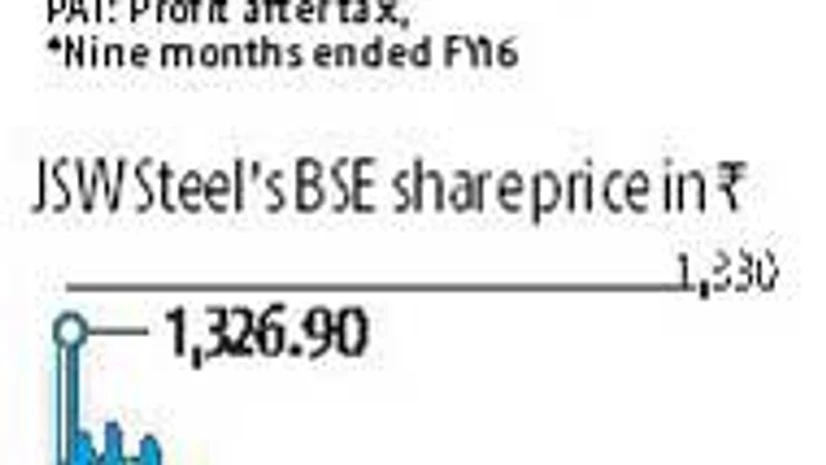JSW Steel has joined the race to acquire Tata Steel's UK business.
The Sajjan Jindal-owned steel maker is one of seven bidders in the fray. The acquisition will complement JSW's volume leadership in the domestic market.
The planned acquisition, if successful, would make JSW Steel the largest Indian steel company ahead of Tata Steel with a global metal manufacturing capacity of 19.8 million tonnes (mt). The deal would add 5.5 mt capacity to JSW's current domestic capacity of 14.3 mt. In comparison, Tata Steel's global production capacity would reduce to 19 mt from 23.5 mt at present. Earlier, Tata Steel divested its long-product division with annual production capacity of 4.5 mt.
Acquisitions have been integral to JSW's growth strategy in the domestic market. In past five years, the company has made a string of acquisitions in India such as the Dolvi plant in Maharashtra, Vardhaman unit in Haryana along with Maxsteel and Welspun units.
Most of these assets were loss making and allowed JSW Steel to increase capacity and product range at a low cost.
Analysts say the same cannot be said about Tata Steel's UK business, which apart from being Ebitda (earnings before interest, taxes, depreciation and amortisation) negative, carries huge pension liability of around 146,000 workers (active and retired). The division is a flats product facility with operations based at Port Talbot and Rotherham. Reacting to the news on Tuesday, the share price of JSW Steel slipped 2.9 per cent intra-day on the BSE Sensex.

Analysts worry about the impact on JSW Steel's finances, given the industry's grim financial health.
"We are surprised by the move, especially when Tata Steel themselves have not managed to turn this unit around for last nine years," said Mahaveer Jain, senior analyst with India Ratings. "JSW Steel will be unnecessarily stretching its balance sheet, which is already under pressure due to poor profitability in India and losses at its plates and pipes mills in the US." The UK unit also went through a non-cash impairment, hitting Tata Steel's profitability and balance sheet in 2012-13.
JSW Steel's consolidated gross debt stood around Rs 37,400 crore at the end of the quarter ended September 2015, up seven per cent from March 2015. Its debt to equity ratio during the period worsened to around 1.7x from 1.5 at the end of the previous financial year thanks to a rise in debt and decline in net worth.
This compares favourably with Tata Steel's consolidated debt of around Rs 72,000 crore. However, Tata Steel India, the parent company, is in much better financial shape than JSW Steel. At the end of September 2015, Tata Steel's debt was around Rs 25,300 crore with debt to equity ratio of around 0.4x.
As part of company's growth strategy, JSW Steel evaluates several opportunities including the current opportunity of UK steel facilities. It is premature to add any further at this stage, spokesperson of JSW Steel informed via email.
Analysts say it is not going to be easy for JSW Steel to carry the burden of loss making UK unit even if the steel producer gets a clean deal, which is without the past liabilities of the division.
Meanwhile, some brokerages are bullish about the deal, provided liabilities are divided between the new buyer and the UK government.

)
